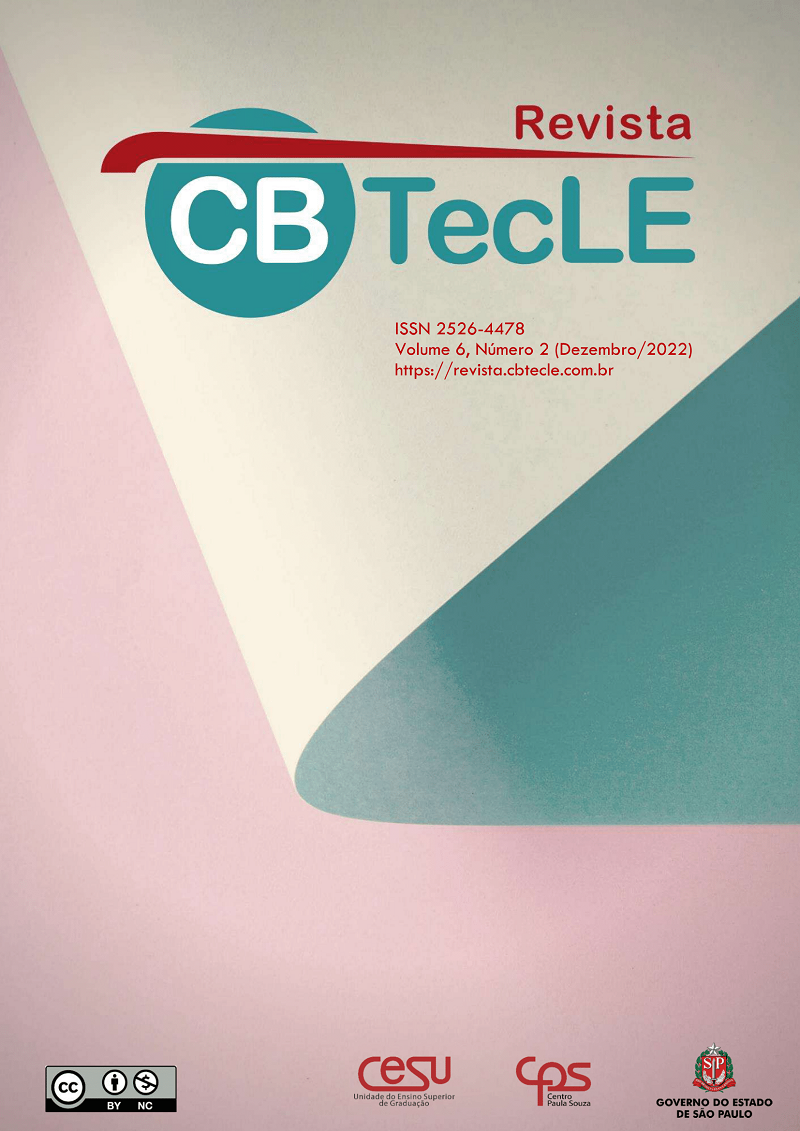CHINESE INTERNATIONAL PROMOTION POLICY AND ITS INSERTION IN THE STATE OF RIO DE JANEIRO
CHINESE INTERNATIONAL PROMOTION POLICY AND ITS INSERTION IN THE STATE OF RIO DE JANEIRO
Keywords:
International promotion of Chinese; Teaching Chinese in Brazil; Language policy; International cooperation.Abstract
With the rise of China in the world, Chinese language learning is gaining importance internationally. Based on the theories of Language Policy and Planning, this article aims to show an overview of the main policies for the international promotion of the Chinese language, which are closely linked to political and economic factors and are part of the expansion of the power of the Asian country. Arriving in Brazil, such policies were articulated with the local policies of SEEDUC/RJ, which included Chinese as a compulsory subject in a state school in Rio de Janeiro. Based on the documentary study and the author's own experiences as a Chinese teacher at this school, we analyze the negotiations of interest between the multiple agents involved and reflect on the challenges that cultural and ideological differences bring. We emphasize the importance of deepening intercultural dialogues and maximizing common interests among actors in international cooperation.
References
COOPER, R. Language planning and social change. Avon: Cambridge University Press, 1989.
FILHO, P. Os Institutos Confúcio no Brasil: possibilidades de inserção da China por meio da diplomacia cultural. Seminário Pesquisar China Contemporânea, n. 3, 2020.
GARCÍA, O.; MENKEN, K. Negotiating language policies in schools: educators as policy makers. New York: Routledge, 2010.
HAUGEN, E. Linguistics and Language Planning. In: BRIGHT, William (Org.). Sociolinguistics. La Haye: Mouton, 1966.
KLOSS, H. Research Possibilities on Group Bilingualism: a report. Québéc: CIRB, 1969.
LAGARES, X. Qual Política Linguística? Desafios Glotopolíticos Contemporâneos. São Paulo: Parábola, 2018.
MCCARTY, T. L. Introducing ethnography and language policy. In Teresa. L McCarty (ed.), Ethnography and language policy. New York: Routledge, p.1–28, 2011b.
MOEHLECKE, Sabrina. Políticas de educação integral para o ensino médio no Rio de Janeiro: uma ampliação do direito à educação? Currículo sem Fronteiras, v. 18, n. 1, p. 145-169, jan./abr. 2018.
NING, Jiming.宁继鸣. Uma expressão do discurso chinês - Instituto Confúcio no âmbito da "Comunidade do Destino Comum". Relatório Anual de Pesquisa do Instituto Confúcio. 中国话语的一种表达——“命运共同体”框架下的孔子学院.孔子学院研究年度报告,2016.
____________. Consciência da Comunidade do Instituto Confúcio: Governança Global e Cooperação Regional. Relatório Anual de Pesquisa do Instituto Confúcio. 孔子学院共同体意识:全球治理与区域合作. 孔子学院研究年度报告,2018.
PAULINO, L. O papel dos Institutos Confúcio no Brasil durante o período 2008-2018: a experiência do Institutos Confúcio na UNESP. Mundo e Desenvolvimento: Revista do Instituto de Estudos Econômicos e Internacionais, p.173-193, 2019.
RIO DE JANEIRO. Resolução SEEDUC n. 5.424, de 2 mai. de 2016. Estabelece o conceito para implementação do Programa de Educação Integral, no âmbito da Secretaria de Estado de Educação do Rio de Janeiro. Rio de Janeiro, RJ, mai 2016.
SEDE DO INSTITUTO CONFÚCIO. Constituição e estatuto dos Institutos Confúcio. 孔子学院章程. Beijing, 2006.
TANG, Peilan. 唐培兰. Sobre a incorporação do chinês nos sistemas nacionais de educação de outros países. Advances in Education. 论中文被纳入各国国民教育体系. 教育进展, 11(4), p.1176-1183,2021.
XU, L.许琳. A entrada do chinês no mundo. Applied Linguistics.汉语加快走向世界是件大好事[J].语言文字应用, S1, p.8-12, 2006.



